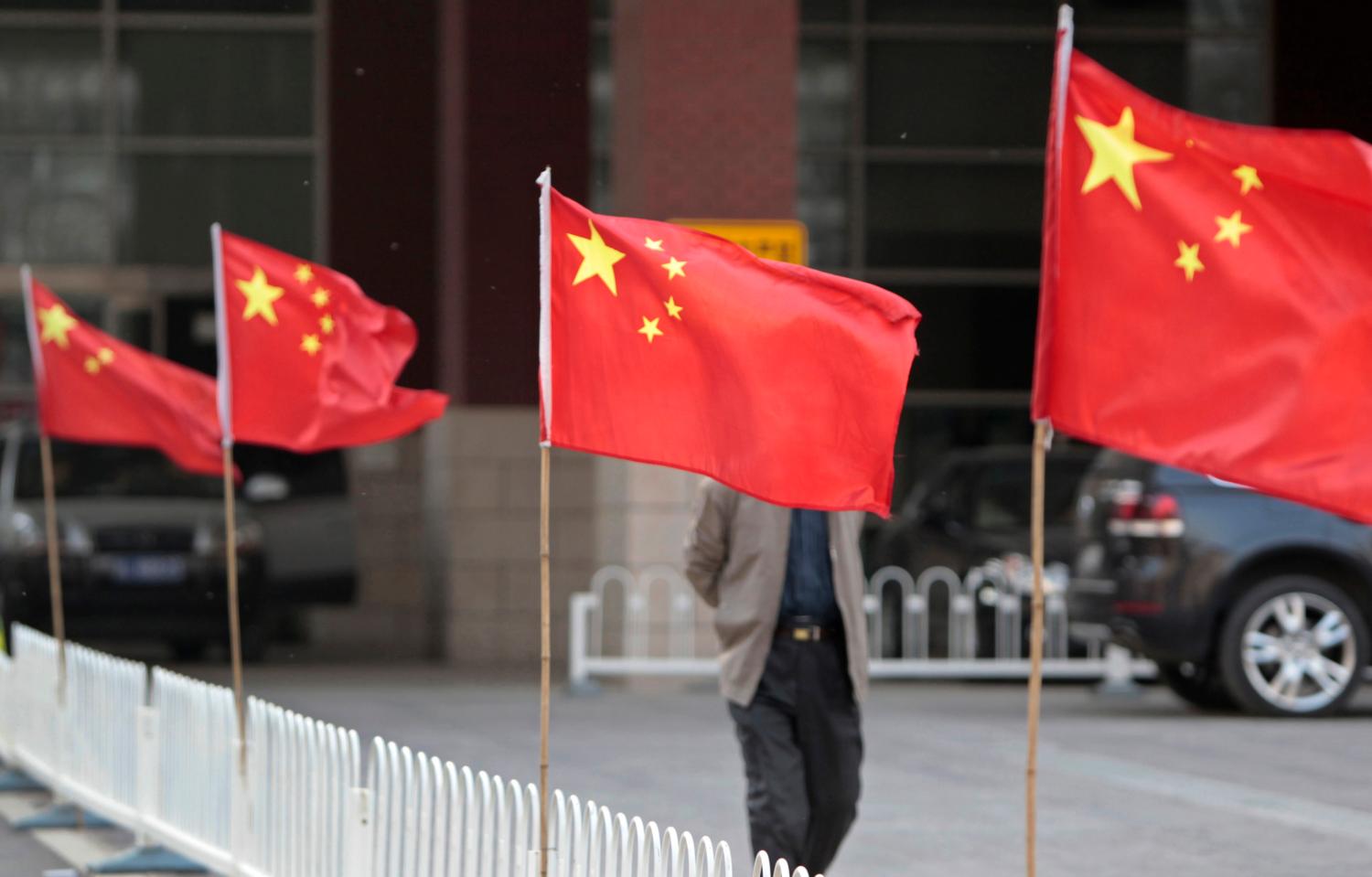The end of World War II marked the beginning of a global system of commerce installed and protected by United States maritime forces. This model of free trade laid the foundation for the People’s Republic of China’s inexorable rise in global affairs. The U.S. supported China’s industrialization by granting it near limitless access to American capital and consumer and financial markets, while it benefited equally from a vast and ever growing supply of consumer goods that have kept the cost of living in America nearly flat for a decade.
Now, however, both nations are expanding their economic interests and military commitments into each other’s regional neighborhoods. To complicate matters, this is happening at a time when both nations are finding themselves stymied by political and territorial challenges within their own hemispheres.
In this paper, U.S. Navy Lieutenant Commander Audry Oxley argues that managing future international issues between the countries will require a commitment to cooperation and a sturdy diplomatic platform.
The Brookings Institution is committed to quality, independence, and impact.
We are supported by a diverse array of funders. In line with our values and policies, each Brookings publication represents the sole views of its author(s).




